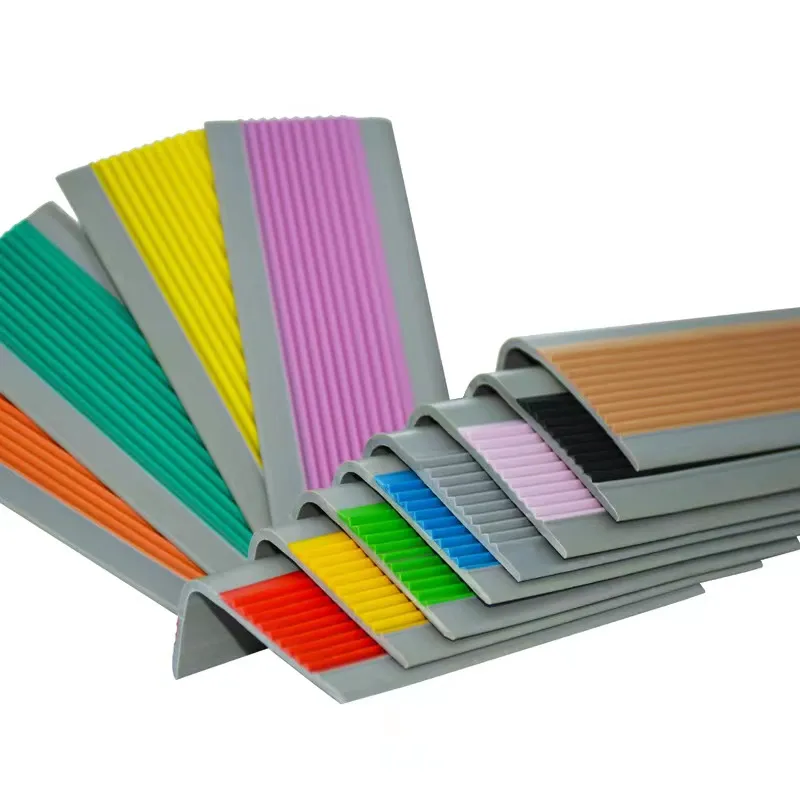Dock seal solutions for optimal loading dock efficiency and temperature control
The Importance of Dock Seals in Modern Warehousing
In the fast-paced world of logistics and warehousing, ensuring the efficient transfer of goods while maintaining safety and energy efficiency is paramount. One key component that significantly contributes to these goals is the dock seal. A dock seal is a specialized equipment used at loading docks to create a tight seal between the truck and the warehouse, minimizing air infiltration and protecting goods from weather conditions.
What is a Dock Seal?
Dock seals are made from durable materials, typically featuring soft foam or rubber components that compress against the truck trailer. When a trailer backs into the loading dock, the dock seal compresses to form a barrier that helps to ensure a controlled environment within the warehouse. This seals the gap around the trailer, preventing drafts, dirt, and moisture from entering the facility.
Benefits of Using Dock Seals
1. Energy Efficiency By providing a tight seal around the trailer, dock seals help in reducing the energy costs associated with heating or cooling the warehouse. This is particularly important in climate-controlled facilities where temperature fluctuations can cause damage to sensitive products. By minimizing air exchange, companies can maintain stable internal conditions, thus significantly lowering their energy bills.
2. Protection from Elemental Damage Loading and unloading goods often expose them to various environmental factors, including rain, snow, wind, and extreme temperatures. Dock seals create a buffer against these elements, protecting products from potential damage during transit. This is especially crucial for businesses that deal with perishable goods or sensitive electronic equipment.
dock seal

3. Enhanced Safety A well-designed dock seal contributes to the safety of the loading and unloading process. By reducing the gap between the trailer and the warehouse, dock seals decrease the risk of accidents, such as workers tripping or falling. Additionally, they help keep pests away, further ensuring a safe working environment.
4. Improved Efficiency The ease of loading and unloading facilitated by dock seals can lead to smoother operations. With less time spent dealing with weather-related delays, logistics teams can achieve faster turnaround times. This efficiency translates into increased productivity and can lead to higher customer satisfaction levels.
Choosing the Right Dock Seal
When selecting a dock seal, it is essential to consider several factors, including the size and shape of the opening, the types of vehicles used, and the specific environmental conditions of the loading dock. Some models are designed to handle different vehicle heights, while others may feature reinforced materials for high-traffic environments.
For businesses operating in areas with extreme weather conditions, investing in high-quality dock seals is crucial. Motorized seals, or inflatable dock seals, offer extra versatility by adapting to various trailer sizes and configurations, ensuring a tight fit under varying circumstances.
Conclusion
In conclusion, dock seals play a vital role in enhancing the efficiency, safety, and temperature regulation of warehouses and distribution centers. Given the increasing demands in logistics and supply chain management, businesses should not overlook the importance of dock seals. Investing in high-quality sealing systems can yield significant benefits, from energy savings to safeguarding products and improving operational workflows. As industries continue to evolve, ensuring an effective loading dock environment remains a critical component in the quest for operational excellence.
-
Under Door Draught Stopper: Essential ProtectionNewsJul.31,2025
-
Garage Door Seal and Weatherstrips for ProtectionNewsJul.31,2025
-
Edge Banding Tape for Perfect EdgesNewsJul.31,2025
-
Table Corner Guards and Wall Corner ProtectorsNewsJul.31,2025
-
Stair Nose Edging Trim and Tile Stair SolutionsNewsJul.31,2025
-
Truck Bed Rubber Mats for Pickup BedsNewsJul.31,2025
-
Window Weather Stripping for Noise ReductionNewsJul.29,2025